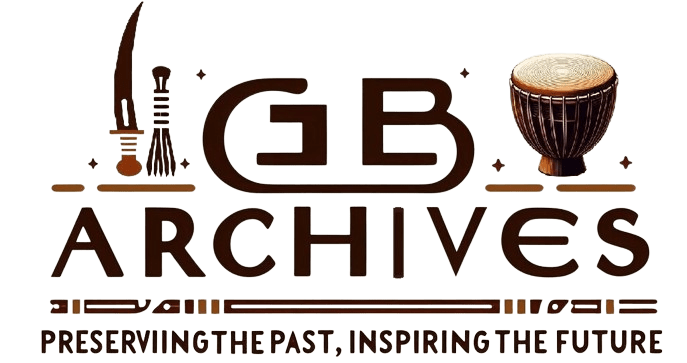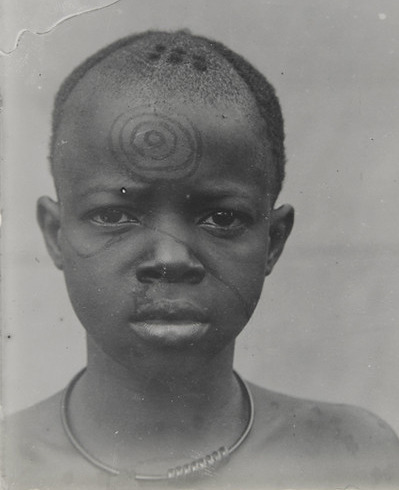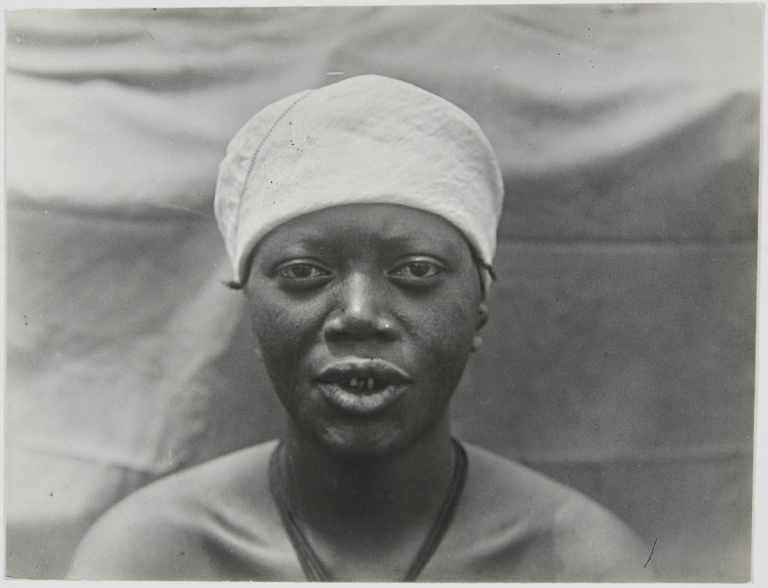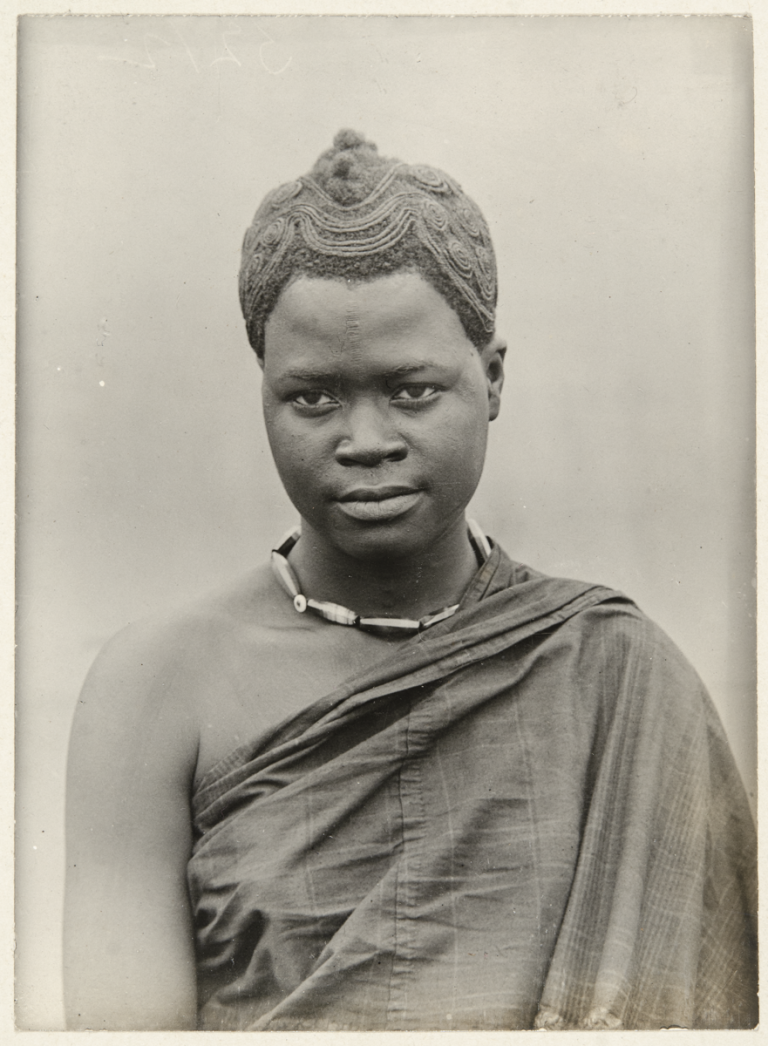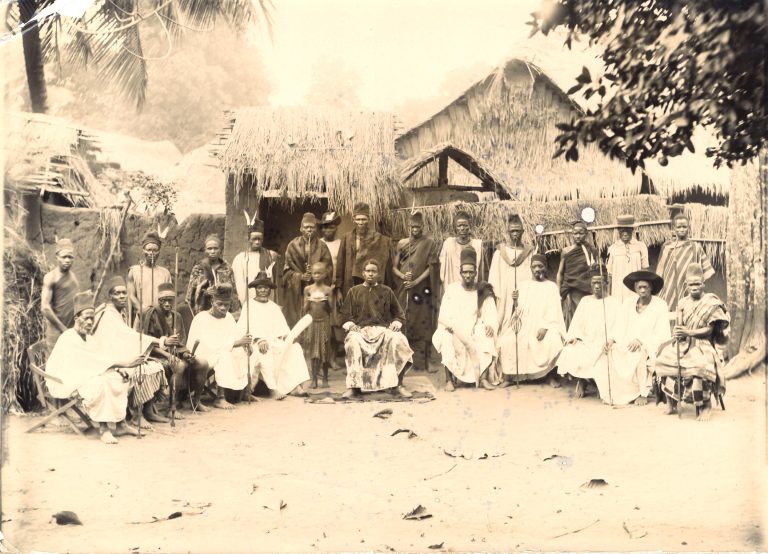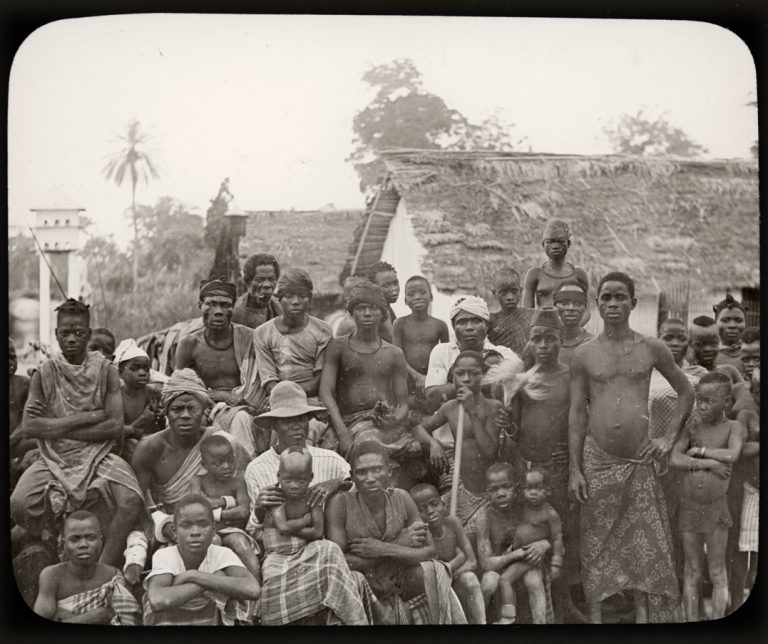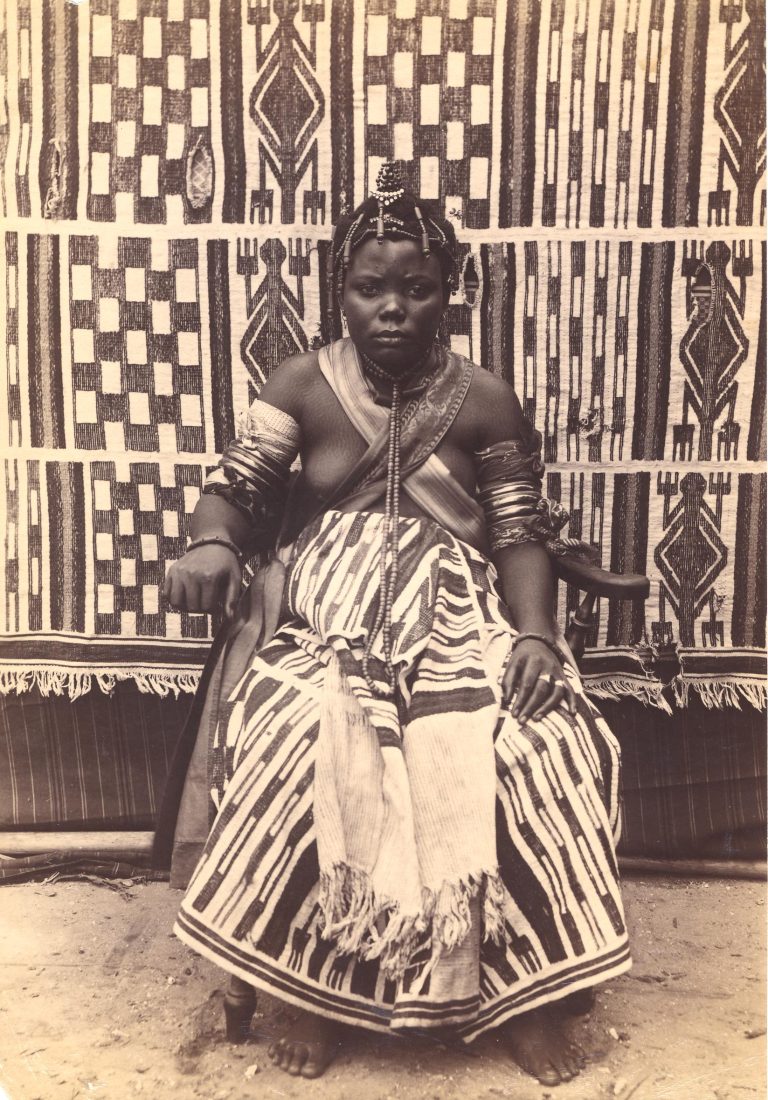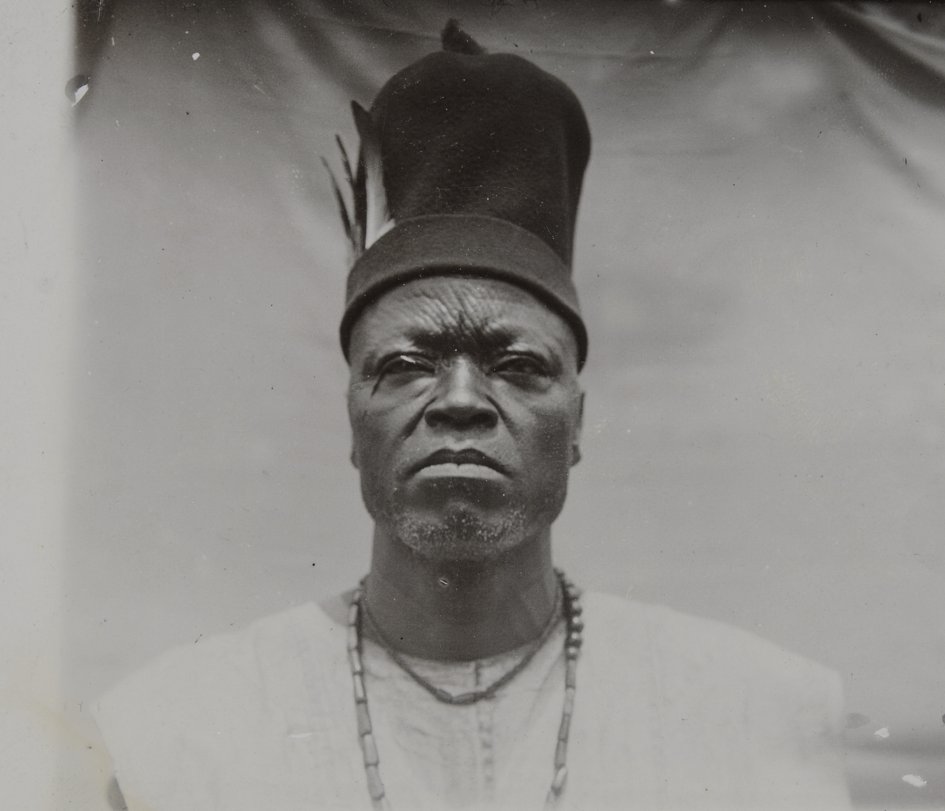
Image Credit: Ukpuru on X
The black and white photograph depicts Chief Obudugbo, also known as Ezeana of Neni, seated in a dignified pose. His attire includes a traditional patterned garment and a prominent beaded necklace, signifying his role as a guardian of Ani, the Earth Mother. His calm yet authoritative expression embodies the responsibilities and respect accorded to his position within Neni.
Chief Obudugbo, revered as Ezeana of Neni, held an esteemed position as one of the Ndị nwe Ànà, the custodians of Ani, the Earth Mother in Neni, located in present-day Anambra State.
As a keeper of Ani’s shrine, Chief Obudugbo was entrusted with overseeing sacred rites, mediating conflicts, and safeguarding the spiritual well-being of the community. His leadership was not limited to religious duties but extended to preserving the socio-cultural integrity of Neni.
The Role of Ani in Igbo Cosmology
Ani (or Ala) is central to Igbo cosmology as the embodiment of the earth’s fertility, justice, and creativity. Her shrines, often marked by sacred trees or mounds, serve as focal points for communal worship and legal arbitration. The Ezeana, as the spiritual intermediary, ensures that the laws of Ani are respected, fostering balance between humanity and nature.
In traditional Igbo belief, the breach of Ani’s laws, such as theft, murder, or incest, was seen as a violation of natural order, warranting spiritual atonement. Thus, figures like Chief Obudugbo were pivotal in maintaining societal equilibrium through rituals and customs aimed at appeasing Ani and restoring harmony.
Colonial Ethnography
The photograph of Chief Obudugbo, taken by British anthropologist Northcote Thomas during his 1910-11 tour, reflects the duality of colonial photography. While these images document Igbo leadership and culture, they were often framed within a colonial gaze that sought to categorize and control indigenous societies.
Thomas’s work, part of a broader ethnographic project, aimed to study and, in some cases, reshape perceptions of Igbo traditions to fit colonial narratives. However, the visual legacy of his photographs also provides valuable insight into the pre-colonial structures of Igbo leadership and the resilience of indigenous customs.
Explore Further
Discover more about the spiritual and cultural frameworks of the Igbo people:
 Cultural Insights
Cultural InsightsThe Ozo society stands at the heart of Igbo culture, symbolizing the highest levels of spiritual and social order. This article examines the roles of Nze, Ozo, Eze, and Ichie, emphasizing their crucial contributions to the spiritual and social cohesion of Igbo communities. Additionally, it explores the impact of European colonization on these traditional structures. […]
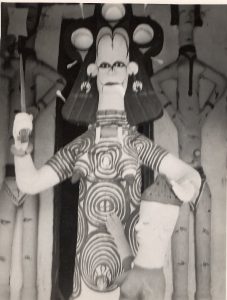 Cultural Insights
Cultural InsightsAla, also known as Ani, stands as the revered Earth Goddess in Igbo mythology. She embodies the earth’s fertility, morality, and creativity, playing a crucial role in Igbo cosmology. Her name, which translates to “land” in Igbo, signifies her deep connection to the earth and its bountiful fertility. As the giver of life and upholder […]
 Recommended Books
Recommended BooksAuthor: Emmanuel OjiakuPublisher: Independently publishedPublication Date: February 5, 2021Format: PaperbackPages: 30ISBN-13: 979-8705132928Language: English Overview “ODINANI: The Igbo Sacred Tradition” by Emmanuel Ojiaku is a concise exploration of the religious and cultural practices of the Igbo people, an ethnic group in West Africa. The book delves into the various elements of the Igbo religion, known as […]
